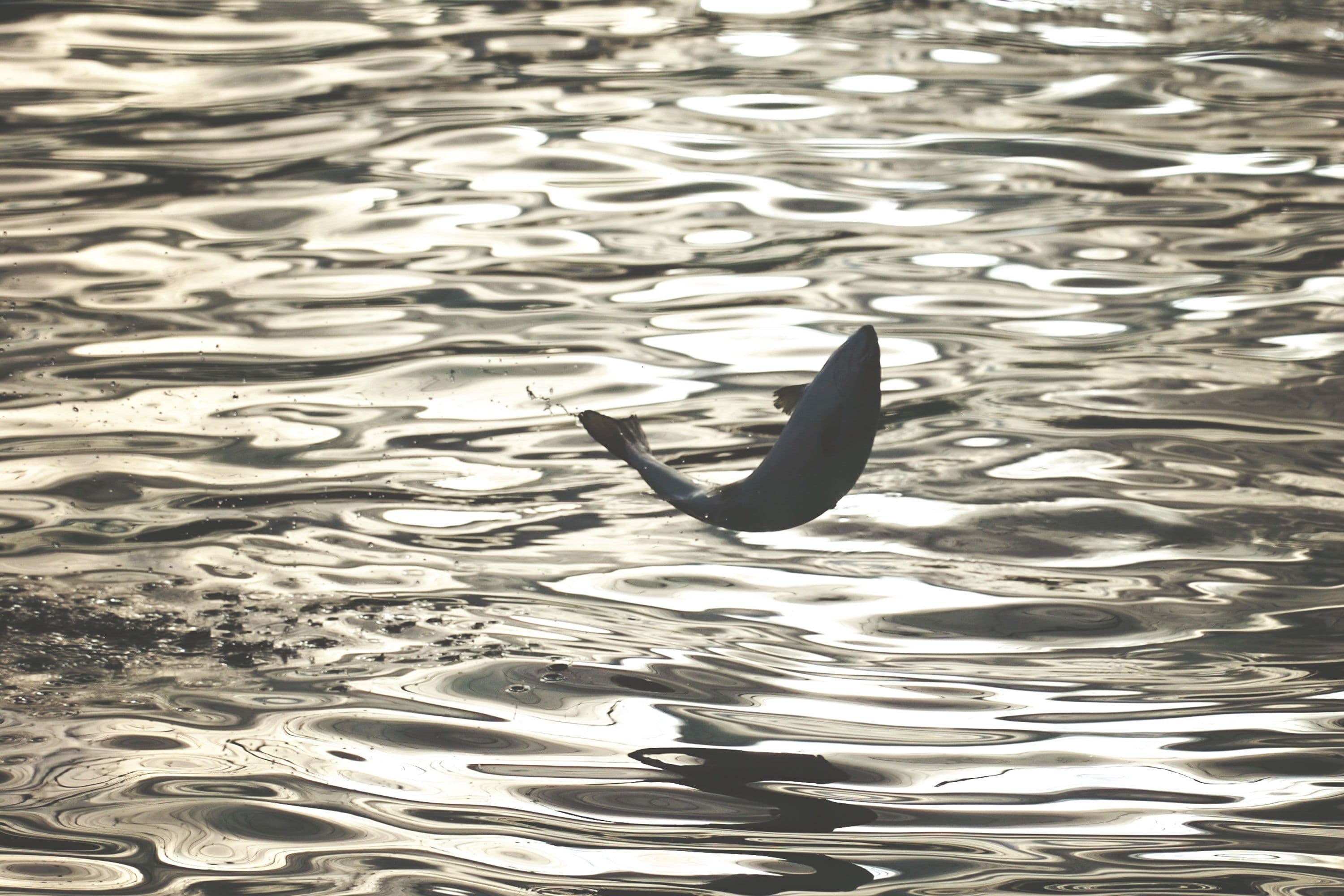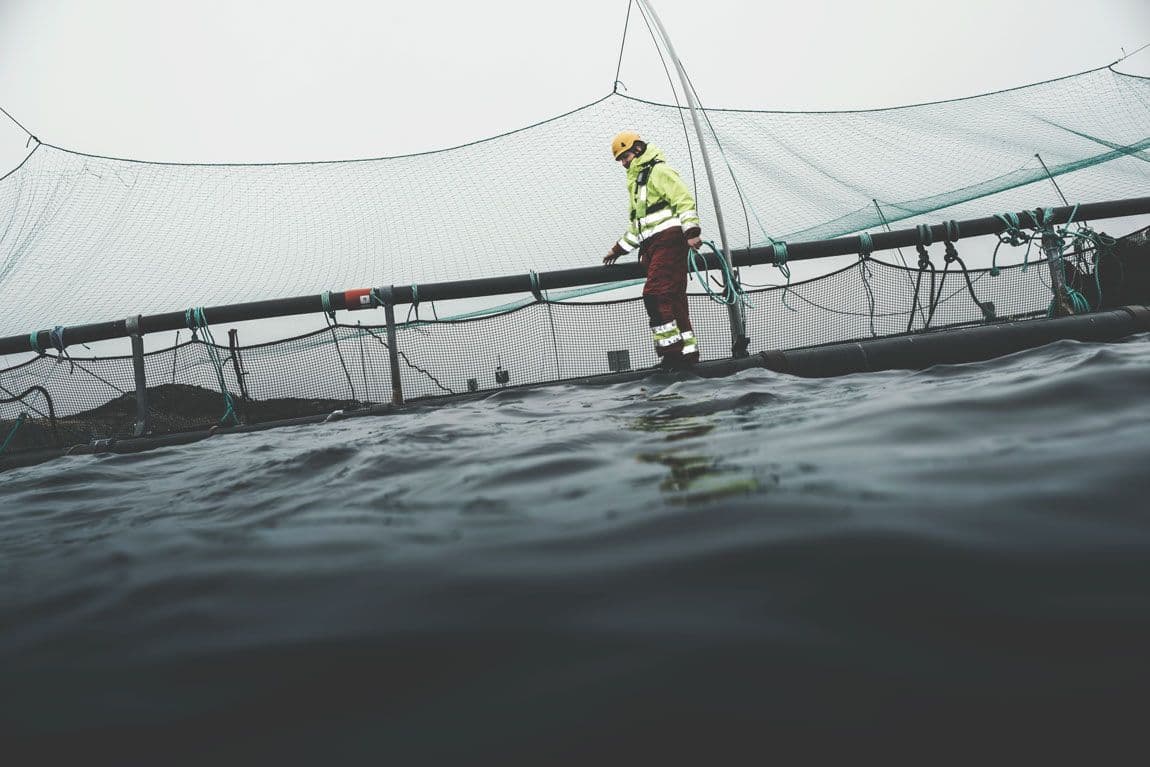
Maintaining high standards of fish health and welfare is a top priority for Grieg Seafood. We acknowledge our ethical obligations to ensure our fish do not suffer from stress, pain or sickness, and that the highest possible number of fish thrive, grow normally, and survive to the end of their life cycle.
We have in place various health and welfare measures throughout the life of the fish. Currently, we only farm fish in our fresh-water facility here in Newfoundland. We monitor the fish and the tank environment daily and look for any abnormal behavior in swimming patterns or feed intake. We provide specialized feed for the fish at this stage in production, as small fish have a different optimal diet than large fish. Before the fish is transferred to sea, we will vaccinate it against relevant diseases for this area.
One of Grieg Seafood’s main strategies to improve fish health, welfare and survival throughout the company, is to reduce the time the fish spends in the sea. Therefore we are increasing our capacity on land, to have space to keep the fish longer in our land-based facilities. This measure makes the fish more robust before they enter the sea phase, and reduces their exposure to external threats in the ocean. We will implement this strategy in our Placentia Bay farming operations as well. At transfer to sea, the fish will be larger (post smolt) than what has been the traditional transfer weight in the industry.
When we transfer the first fish to sea, we will add more information about fish health and welfare measures in that part of the production. If you want more information already, please read about Grieg Seafood’s approach to fish health and welfare on our global website here.

